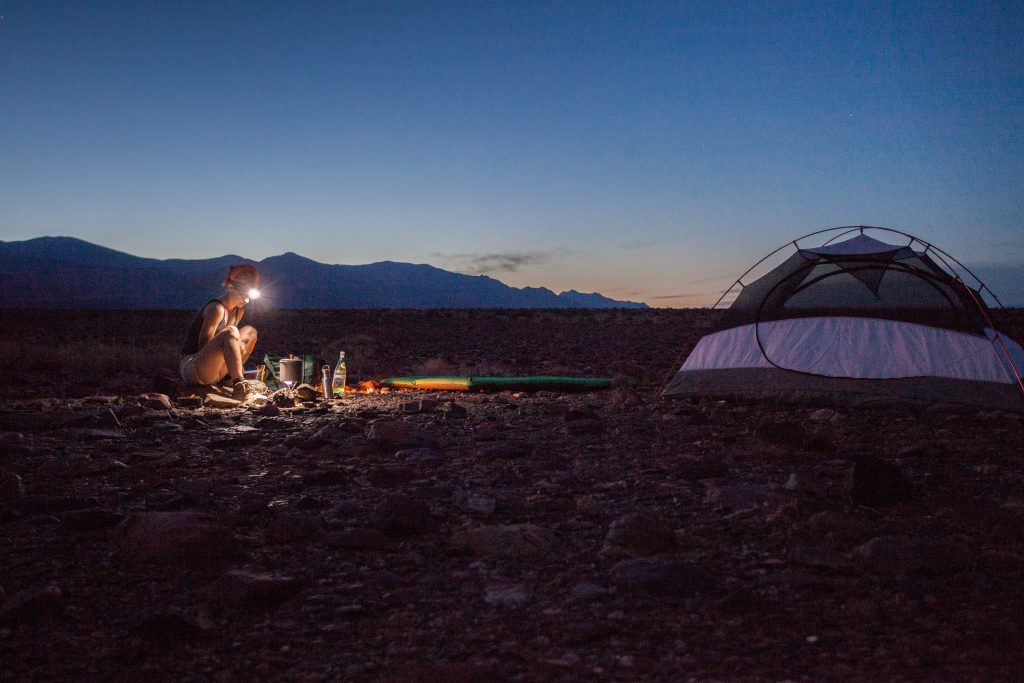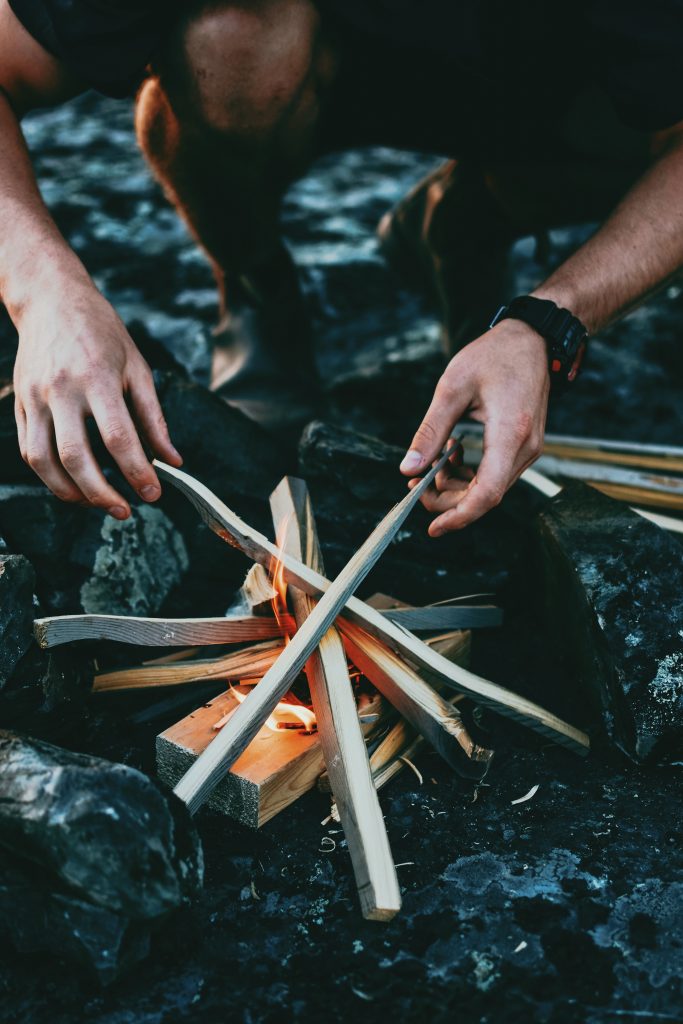Before you head into the wilderness and test out your survival skills for real, you should first make sure that you’re at the appropriate skill level for this. This means that you should test your survival and camping skills in the safest way possible. Here’s a guide that can help you to do just that.

· Find a Great Campsite
Rather than wild camping in a location that might not be wholly safe and that’s completely exposed to poor weather conditions and wildlife, you should first consider camping in a supported place where you can get help if you need it.
By using a campsite as your base, others will be alerted to any issues quickly, and you’ll have a comfortable space to return to each evening after a day of exploring the wild. This can be a great option for those who are heading out into nature for the first time and who might be nervous about the experience.
The campsite might also offer guided tours and activities that can allow you to add to your repertoire of skills. This means that you should look at Lake George campsites and more.
· Know How to Use Equipment
Although you might think that any equipment that you use is there to protect you, it can also harm you, especially if you don’t know how to use it. This means that you should always read the instructions of any equipment that you purchase and study tutorials online.
You should also practice with this equipment in a secure environment before heading outside with your tools. This is especially the case when it comes to sharp equipment, such as weapons such as knives that can be used for self-defense, hunting, and stripping away foliage. If you’re unsure how to handle this tool, you should stop using it immediately until you do.

· Go on a Survival Skills Course
When you’re trying to hone your survival and camping skills, you might also look into courses where a trained expert can help to teach you the basics. This will give you the chance to pick up some tips that you might not otherwise have known and enhance the knowledge that you already have.
These courses might be over the course of a day or a weekend, or perhaps longer, with a session or so every week. This might also give you the chance to ask any questions that you have and to iron out any issues that you’re having with survival skills.
· Go With Others
If this is your first time going on a survival trip into the wilderness, you should think about taking at least one other person on the trip with you. This means that there will always be someone to call for help and give you first aid in the event of an emergency, as well as someone to discuss any problems with.
If you don’t go with someone, you should make sure that someone knows where you are at all times and that you keep communication channels open with people back home.
